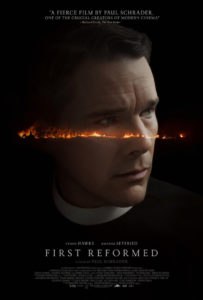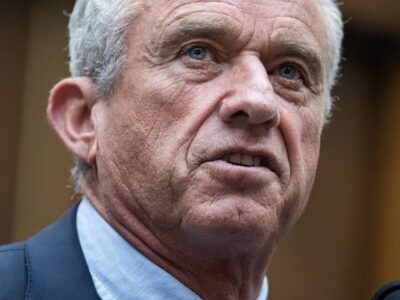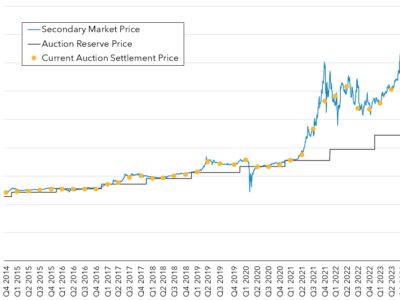The 2019 Oscars Has a Climate Change Contender
Paul Schrader’s First Reformed nominated for best original screenplay

Clear your calendar and prepare your popcorn – the 2019 Oscars will be awarded on Sunday night. This year climate change has a contender, and no, it’s not An Inconvenient Sequel.
In the category of original screenplay, Paul Schrader has been nominated for First Reformed, a contemporary tale about the struggles of a priest in upstate New York grappling with the death of his son, a parishioner’s anguish over environmental destruction, and the corruption of his parish by fossil fuel interests. Come for Ethan Hawke’s furrowed brow, stay for the explosive finale.
Other Oscar-nominated films this year touch on environmental themes. Isle of Dogs, set on an offshore trash dump, muses on what we discard. Vice charts the rise of oil executive and politician Dick Cheney. In Black Panther, the vibranium mineral sparks conflict (inspiring a Brookings Institution analysis on resource management in Africa). But no writer this year took on the moral questions around unmitigated pollution more so than Schrader in First Reformed.
In an interview with Slate, Schrader describes how his film’s depiction of climate change as a moral crisis derives in part from conflicting messages in the Christian faith. “We are stewards of this Earth. That’s one of God’s instructions, to attend to his garden, to take ‘the call to stewardship,’” Schrader says, but the Bible also tells us to subdue the Earth. Remember Scott Pruitt’s remarks about harvesting the apple orchard (i.e., the country’s fossil fuel resources)? First Reformed dramatizes a tension very much alive in our country between exploitation that provides our material abundance and conservation needed to maintain prosperity for future generations.
First Reformed addresses another question that often vexes those who write and work on climate change issues – where do we find hope? “Don’t despair,” Rebecca Solnit opines. “Time to panic,” David Wallace-Wells instructs.
Schrader has little cause for cheer. “I don’t really see a way how this species emerges from this century,” he tells Slate. With scientists offering increasingly dire assessments of global warming’s impacts, individuals can no longer make a binary choice between hope and despair, Schrader says, but must “hope in spite of despair.”
However you feel about the film’s bleak tone and ambiguous ending, it is rare and exciting to see a film industry veteran choose global warming as a topic worthy of serious dramatic writing.
Films have the power to change our society’s practices. In an interview this week for Legal Planet, journalist Isabel Hilton noted the effect in China of two documentaries, Under the Dome (2015) and Plastic China (2016), in in spurring new policies to address air pollution and plastic waste, respectively. First Reformed breaks ground as a drama that responds to the evidence of environmental damage.
Americans across all political parties are increasingly concerned about the harms of climate change to themselves and their country. As the news, film, and television industries continue to consolidate, there is more need than ever for those who hold the levers of the American public’s attention to commit cultural resources to interrogate the human response to global warming.
Reader Comments
One Reply to “The 2019 Oscars Has a Climate Change Contender”
Comments are closed.








Thank you for this heads up, from a reader located in the hinterlands (Spread Eagle, WI….really….).